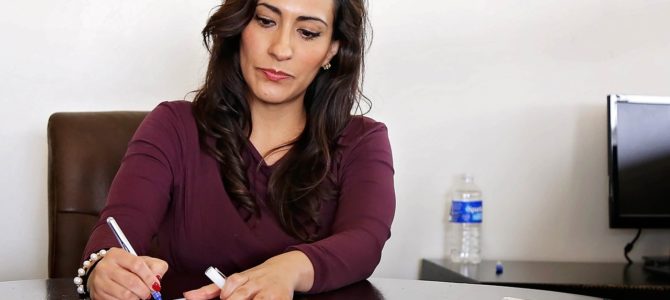
It’s been decided. Me Too was a revolution. Verbs like “uprooted” and “swept” and “transformed” are frequently deployed in describing the young movement. A single-sentence declaration in the New York Times this week almost used all three: “The #MeToo movement has swept across television and movie studios, investment banks and factory floors, fundamentally remaking the thinking around gender and harassment.”
That’s the conventional wisdom, at least. New evidence suggests it’s not quite accurate.
To say Me Too uprooted the news media and Hollywood is probably fair, having felled giants of both industries in a remarkably short span of time. But the earthquake journalists and media denizens sensed in newsrooms and boardrooms may be skewing their coverage.
A Hollywood Reporter-Morning Consult survey conducted in late December found “few respondents believed the #MeToo movement had changed their workplace or society at large.” Consider these results, as outlined in THR’s Tuesday write-up:
While one-third (30 percent) of respondents said increased attention to sexual misconduct had fostered a more comfortable work environment, another third (34 percent) believed that the movement had not opened up more opportunities for women. When asked if the problem of sexual assault or harassment had changed in entertainment, finance, politics and government, tech, and society-wide since #MeToo, the largest percentage of respondents repeatedly said these problems had not changed… unequal treatment of men and women was also considered more or less the same than it was pre-#MeToo (46 percent).
While 30 percent believed the movement had fostered a more comfortable work environment, a higher combined percentage said it either created a less comfortable work environment (21 percent) or made no difference at all (24 percent). Fifty-eight percent of respondents said they’d heard “nothing at all” about the Time’s Up movement, although it’s frequently name-dropped by celebrities and has garnered plenty of coverage in major outlets.
More respondents were “very concerned” about women making false sexual harassment or assault claims (55 percent) than were “very concerned” about women experiencing sexual harassment or assault in the workplace, (52 percent) or society doubting claims of sexual harassment or assault (37 percent). To be clear, it’s not as though the sample was full of Sterling Cooper sexists: 42 percent said “unequal treatment of men and women” is a “major problem” in society, with an additional 32 percent saying it was “somewhat of a problem.” (Respondents were 53 percent female and 47 percent male. The margin of error was 2 percent, according to THR.)
If we accept that Me Too really did transform Hollywood and the media, urging the chattering class to describe its impact more precisely as one isolated in large part to their own spheres may seem overly semantic. But note how the sentence excerpted earlier from the Times extends Me Too’s “[fundamental] remaking” from television and movie studios and investment banks to “factory floors,” with the latter likely meant to serve as a symbol for industries outside elite circles. It’s true that when we talk about Me Too in the media, it’s often generalized as a society-wide revolution. If THR’s survey is to believed, that perception is absolutely not widespread.
At its founding, Time’s Up announced a major component of its efforts would involve operating a legal defense fund aimed at helping “less privileged women — like janitors, nurses and workers at farms, factories, restaurants and hotels — protect themselves from sexual misconduct and the fallout from reporting it.” The THR poll suggests the “less privileged” haven’t exactly felt a revolution.
This isn’t to say such overstatements pose a dire threat to the republic, but they’re important as a) a window into how self-awareness deficits in the media and Hollywood can skew our conversations on important cultural topics, b) a sign the goal of extending Me Too and Time’s Up into environments of less privilege is unfulfilled, at least as far as perception is reality, and c) a symptom of the chasm that exists between the media and its broader audience.
As far as the second point is concerned, we can see how this chasm actually disadvantages Me Too proponents, who may believe the movement has been more effective at accomplishing their goals than it really has. Complaints about the so-called “bubble” are more than a cheap talking point of media-skeptical conservatives.
It’s very possible that sexual inequities are more pronounced in Hollywood and the media than in many other industries, and respondents in THR’s survey felt less impact because they had fewer cultural improvements to make. That’s difficult to say. But if these results are replicated more and more in the coming months, we should be careful about how the history of Me Too is written.
We should also immediately be more careful not to overstate the sweep of Me Too in the media (some investigative reporting on the question would also go a long way). It’s coverage that doesn’t ring true with our audiences that exacerbates media distrust.









